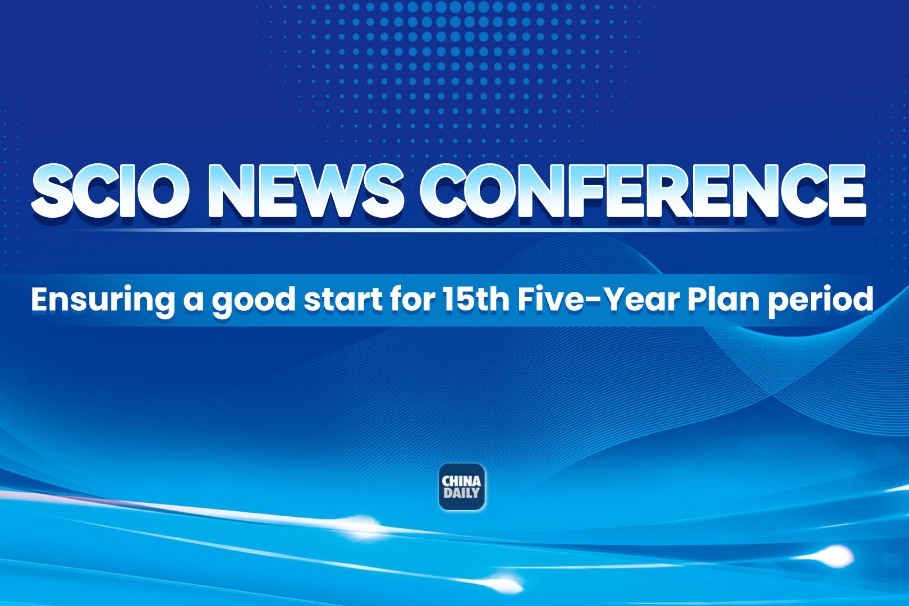'Tai Initiative' nurtures ties

Former governors, industry leaders and experts gathered at George Washington University for the 3rd Annual Conference on US-China Sub-national Relations, also known as the "Tai Initiative", to talk about the best ways to build ties below the nation-to-nation level.
The forum focused on economics, energy and the environment communication. Participants came at the invitation of former Missouri governor Bob Holden, who also serves as president of the Mid-West China Association.
In his opening remarks on July 10, Holden said there was an urgent need for countries to adjust their policies to conform to the trend of globalization.
"We have to figure out what we do about this change in dynamics," he said. "In the world's 100 biggest economics, only 49 are nations, the other 51 are cooperations, and only 10 are American."
"In the global world, everything changes: money, jobs, people, and ideas, globalization is creating something new, cities must work together, to protect their citizens' interests and their national government's influence around the world," he added.
Holden also talked about the achievement and status of China in the modern world. "We must understand the tremendous change in the economy over the last 15 years, now China has risen and become the world's second-largest economic entity," he said.

"China has the world fastest supercomputers, the biggest water-power bay and they consume 40 percent of the world's aluminum and copper."
As the two most powerful forces in the world, there is great significance for China and America to build a close relationship, not just political or economic, but relations in everything, between people and cities, he said.
Brian Holuj, an energy technology program specialist with the Department of Energy, gave a presentation about the relationship between Philadelphia and the Tianjin-based "Teida" company and their efforts to clean water and reduce carbon emissions.
Timothy Filley, a professor at Purdue University's department of earth and atmospheric sciences, said a trusting relationship existed in practically every field, including technology communications, student exchanges and projects related to resource conservation.
Paul Swenson, director of Invest USA Committee Shanghai, talked about what is possible to achieve with China's new experimentation with public-private partnerships in the coming years.
He made the analogy of investors being swimmers and the difficulties being sharks.
"We want to reassure investors getting back in the water they'll be safe from sharks," Swenson said.
Andi Zhang in Washington contributed to this story.
(China Daily USA 07/13/2015 page2)
Today's Top News
- US' coercion threatens global governance
- Xi extends condolences to Spanish King over high-speed train collision
- Scholars warn US threatens global legal order
- UN chief warns of global chaos as US prioritizes power over intl law
- China to formulate plan on expanding domestic demand for 2026-2030
- Xi congratulates Central African Republic president on reelection






























